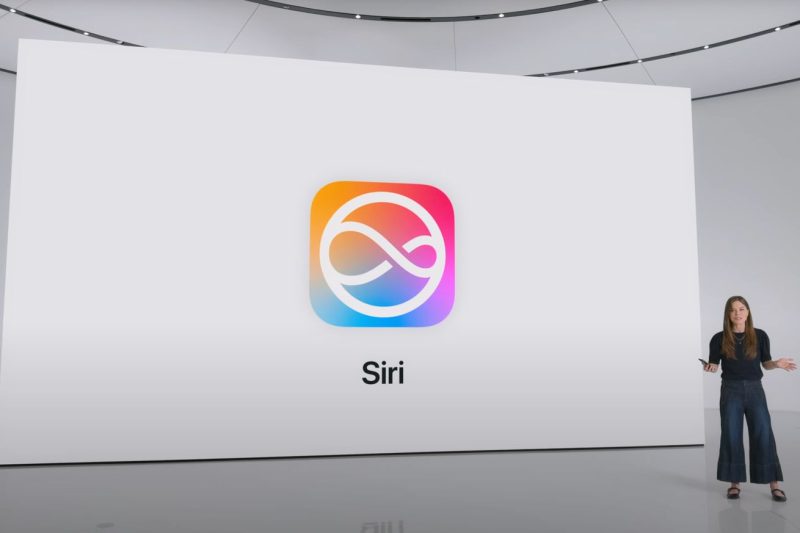The Role of Privacy in the Evolution of Voice Assistants
Over the years, voice assistants have revolutionized the way we interact with technology. From setting reminders to controlling smart home devices, these digital companions have become an integral part of our daily lives. However, as the capabilities of voice assistants continue to expand, the issue of privacy has come to the forefront of the conversation.
Privacy concerns surrounding voice assistants are not new. The collection and storage of personal data have raised questions about the security of this information and the potential for abuse. As a result, companies developing voice assistant technology have been under pressure to address these concerns and enhance the privacy features of their products.
One of the key developments in this area has been the introduction of privacy-focused features that give users more control over their data. Many voice assistant devices now come equipped with features such as mute buttons and voice recognition technology that allow users to customize their privacy settings. These features empower users to decide when and how their data is collected, giving them a greater sense of control over their digital interactions.
Another important aspect of privacy in voice assistants is the issue of data encryption. By incorporating advanced encryption technologies into their products, companies can ensure that the data collected by voice assistants is securely stored and transmitted. This not only protects the privacy of users but also helps to mitigate the risk of data breaches and cyber-attacks.
Furthermore, the evolution of privacy laws and regulations has played a significant role in shaping the development of voice assistant technology. Regulations such as the General Data Protection Regulation (GDPR) in Europe and the California Consumer Privacy Act (CCPA) in the United States have imposed strict requirements on companies regarding the collection and use of personal data. In response, companies have had to adapt their voice assistant technology to comply with these regulations, further enhancing user privacy.
As we move towards a more privacy-conscious digital landscape, the evolution of voice assistant technology will continue to be shaped by the need for greater privacy and security. By prioritizing user privacy through the implementation of advanced features and compliance with privacy regulations, companies can build trust with their users and ensure the continued success of voice assistants in the future.

